Lately I've been thinking that I wouldn't have this blog if I were starting it today. Right now the market seems saturated for this sort of thing, and while that wasn't any less true (probably) three years ago, I had fresher eyes for the genre back then.
When Francis Lam wrote about his quest to make a perfect omelet, he's writing about the sense and muscle memories, and the intuition that make a good cook. When Michael Ruhlman wrote about driving down Route 9 in a blizzard for his culinary exams, it certainly wasn't the test that was on his mind, but the necessary sacrifices of time and will that you are required to make if you play the game. He understood it was a test of character. When Molly O'Neill wrote about learning to butcher and cook fish in a Provincetown kitchen, she was really talking about grit and integrity, about the differences in a kitchen between insider and outsider, and how we permeate those boundaries. As well as the need for the flavor of the fish to dictate the cooking method, and the importance of seasonal and local ingredients back before our country really had a culinary movement. Carol Blymire's posts at Alinea at Home are about the fear of failure and the comfort and courage that food offers us, as much as they are about xantham gum or agar. And when Ruth Reichl portrays Wolfgang Puck and Alice Waters in the early days of California cooking, it isn't the food, though it's evocatively described, so much as the passion and vision of these young cooks before they were culinary figureheads.
What we talk about when we talk about food isn't food. This is a balancing act that is difficult to execute consistently. Oh, it's tempting to get caught up in describing the flavor of a rare ingredient or fresh heirloom produce gently coddled in the hands of some culinary idol. It's exciting to talk about the atmosphere of anticipation that surrounds the diners-slash-audience embarking upon a tasting menu. It's easy to write about food--and to write something interesting--only on the level of the food itself. But it's not satisfying. And it's not transcendent.
It's good to remind myself of these things, because I've been struggling to write about food, and I've been slightly checked out of the food debate, catching only faint whispers of SF rumors and trends, rumbles about Bruni's replacement and so on. In my own writing I've been stalling, researching, and committing that crime of writing about food only on the surface.
I've become so tired of the way we talk about food, either in the present media moment of here in SF. Recently Robert Beringela (pseudonym) serialized a "food noir" tale in San Francisco magazine that, while at first glance amusing and pointedly thumbing its nose at this tiny-city-of-food-cliche, eventually revealed itself to contain no more substance than the ubiquitous beet/goat cheese/mixed green salad that's grown so offensive round here.
I've had the dubious fortune to be at two restaurants during opening review process, so experienced the MB hype, stressful service, and inflated prose {for the record, when a critic's in house, we most often know it, at least by dessert!}, plus the anticipation of waiting for review. But parsing the sentences of a Bauer review isn't wholly satisfying, in parts because MB can play favorites with his chefs, and to a lesser extent with styles and trends.
More than ever it's important to support the places where real, honest conversations about food are taking place. I'm talking about your local farm markets and your organic bakeries, and Gourmet and Saveur, but not the other food magazines, your specialty stores and restaurants, and your own kitchen, your own cooking. Make it count for something.
The food scenes in my writing are actually the more difficult ones to write, because while my writing brain wants to put something down and go ahead, the cook in me begins to parse the dish. Is it good enough? What cooking techniques are necessary? What's the mise look like, and whose station's it coming off of, what's the fire time? Why would the chef choose these things? What am I really trying to say?
Sunday, May 24, 2009
what we talk about when we talk about food
Labels:
carol blymire,
food writing,
gourmet,
michael ruhlman,
molly o'neill,
ruth reichl,
the bauer,
versus
Subscribe to:
Post Comments (Atom)
.jpg)










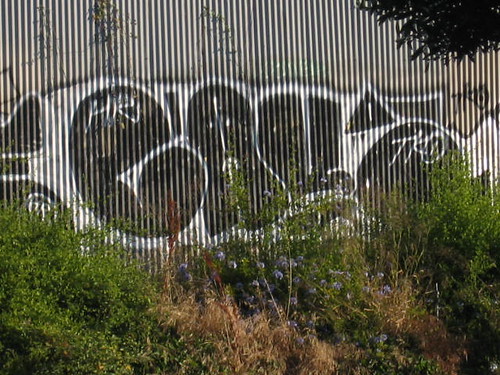
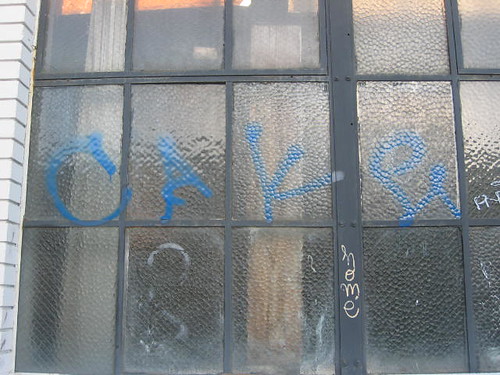
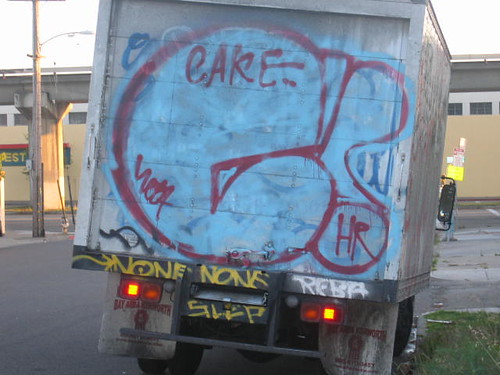

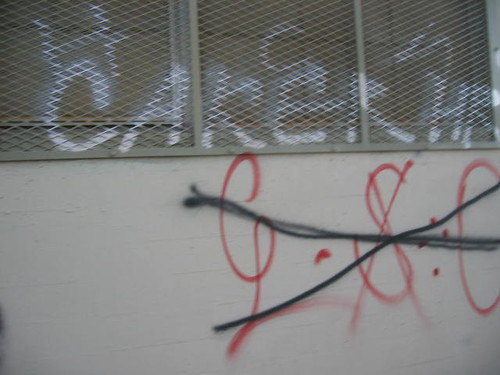
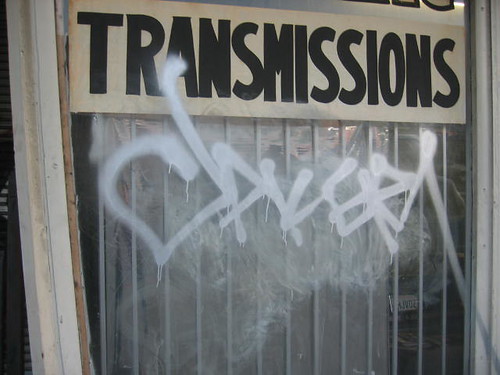

2 comments:
I very much appreciate this post. Thanks for getting these ideas down on the page (or, er, screen). I found your blog a few weeks ago, and you're now one of my regular reads. Thanks for all of your work here.
glad you like it! i'm working on a follow up post of good "real food writing" sources out there so please pass on any of your faves.
Post a Comment